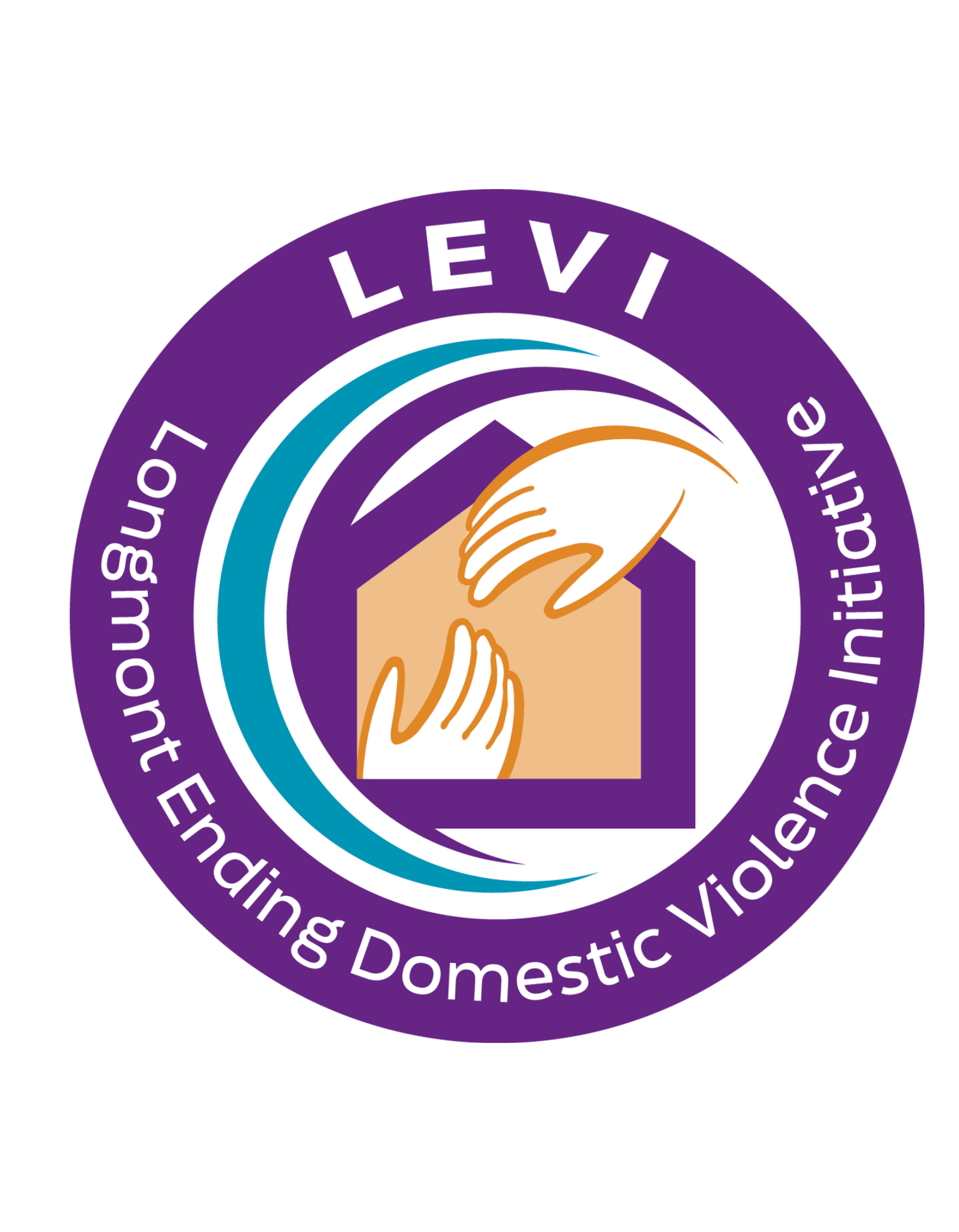Approaching an Abuser
Speaking directly to someone you think might be abusive can sometimes help stop the abuse—but it’s not always the safest or best choice. Before you talk to them, think carefully about the risks to both you and the victim. Even if the person seems willing to talk, you can’t control how they’ll react.
It can be really hard to accept that someone you care about is acting in a harmful way. They might treat you well and have many good qualities. You can still care about them while also holding them responsible for their actions. Stopping abuse means believing people can change—and helping them grow in a better direction.
If you aren’t sure that what you have noticed are signs of abuse, click here to read more about domestic violence and what to look out for.
Speaking up
-
Having this conversation in front of others might make the person feel defensive and less likely to listen.
If you don’t feel safe or comfortable talking to them alone, ask to meet in a public place where you can still speak privately—like a coffee shop, a park, or while going for a walk. But if being alone with them feels unsafe, that might be a sign that it’s not the right time to have the conversation. -
Speak from your own point of view. This helps you avoid guessing their intentions and makes it less likely they’ll get defensive.
-
Talk about specific things you’ve seen and how they affect you and others. Let them know you don’t think they’re a bad person—and that you believe they’re capable of better. Try not to label them as an “abuser,” as that can make them shut down or stop listening.
-
Try to talk about clear, specific behaviors they can work on. For example, you can bring up things like yelling, throwing objects, or trying to control others. Giving them real examples helps them understand what needs to change.
-
People who act abusively often try to shift blame or make excuses for their behavior. If this happens, try to focus on something positive. You can remind them that you care about them and their partner, and that you just want what’s best for both of them.
-
Sometimes, people who are abusive try to act like they’re the victim. If they say their partner has hurt them, it’s okay to recognize their feelings—but not their harmful actions. You can say something like:
“There’s never a good reason to use violence against a partner. I understand that you’re hurt, and we can talk about healthier ways to deal with that.”
Conversation Starters
Pre-planned conversations
“Lately I’ve noticed you’ve been acting differently—like getting upset more or having a hard time with things. I’m worried about you. Is everything okay?”
“There have been a few times when I’ve been around you and your partner that made me feel concerned for both of you.”
“In the past, I’ve seen things between you and your partner get intense in ways that didn’t feel safe, like…” (then describe what you saw)
“I worry that when you [name the behavior], it might make your partner feel scared, hurt, or embarrassed.”
“When I saw [specific incident], I felt anxious, worried, or even scared.”
In the moment
“Hey, that was out of line.”
“That’s not fair.”
“You need to stop.”
“I don’t like hearing/seeing you act this way.”
“Is that how you always speak to each other?”
“This isn’t how you treat people you love.”
“How can I help this situation?”
Things to Remember
Don’t put yourself in a situation where you could get hurt. Your safety matters too.
It’s not your job—and it’s not always possible—to make someone stop being abusive. You can be a steady, positive influence, but they have to choose to change.
Speaking up about abuse can feel scary, hard, and overwhelming. You don’t have to do it alone. Whether you’re unsure what to do, need help figuring out your next step, or just want to practice what to say—you can always reach out. Don’t hesitate to contact LEVI or other local support services for help and guidance.

